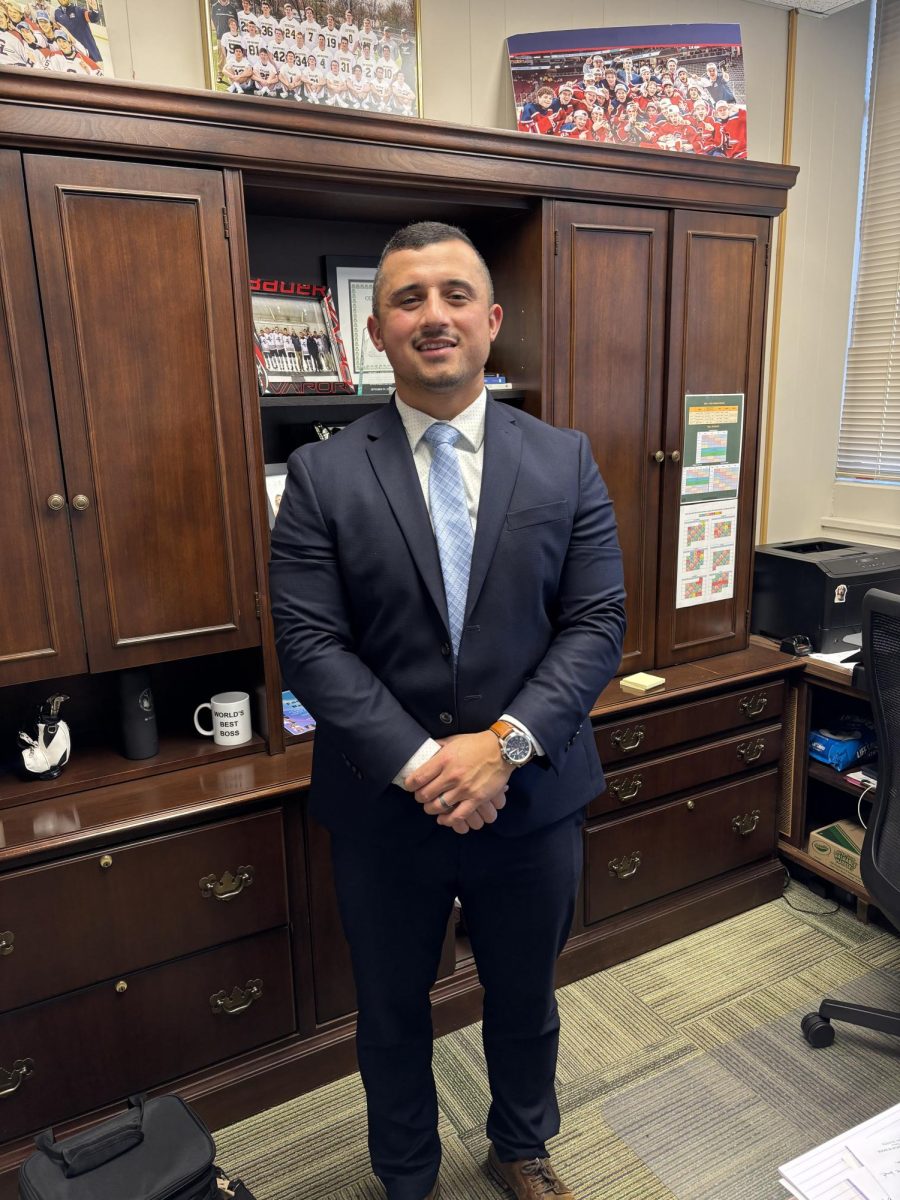With the introduction of Mr. Michael Criscitello as the new Assistant Principal at NPHS this year, students have also noticed some changes in school policy. In particular, a noticeable shift has been observed in the handling of tardiness and cellphone use.
Criscitello explained the school’s stricter approach to lateness: “The only thing that has really changed is not the policy itself, but our procedures and how we’re addressing it. There’s a new feature that we’re using in PowerSchool that allows us to closely monitor it better, which has allowed us to address it.”
He further explained that the PowerSchool feature automates the tracking of tardies, reducing human error.
“It’s more automated,” he said, noting that the system generates reports based on preset thresholds, making it easier to enforce policies. “It allows us to better focus and implement the policy that we already have in place.”
Students have mixed opinions on the stricter enforcement of tardies, 3 of which equal one absence from a class.
Senior Lucio DiFalco said: “Me personally, I haven’t experienced any trouble with the new rule so I think it’s pretty fair.”
Regarding cellphone use, Criscitello explained that the policy has not changed, but enforcement has become stricter in response to teacher feedback.
“We see the phones as a distraction and we’re looking to do what we can in terms of enforcing a policy rule that already exists to help our students be more engaged and focused in class and less likely to be on their cell phone,” he said.
For Criscitello, the issue is related to the school’s mission: “Our role and responsibility as educators, from teachers, to support staff, to administrators, is to create a valuable educational experience for you. And sometimes we have to look at the environment that we’re creating and what are areas in which we can make improvements that can help create an environment that is better academically suited for our students.”
As he pointed out, cell phones are a distraction for everyone: “When I have it in my pocket and it buzzes on me, I’m tempted to pull it out of my pocket and open it up, whether it’s during an interview, during a meeting, or if I’m just having a conversation with a colleague of mine.”
Avoiding that temptation, he hopes, will help students achieve more in their classes.
“Even for the students that are getting all of their work done, we don’t want that transition to be, ‘I got my work done. I go to my phone.’ There’s always other opportunities for engagement in content or engagement with your peers rather than going to your cell phone. So we’re really trying to shift the focus to that and create a more focused and engaging learning environment,” he said.
Some students, like DiFalco, have concerns about not having their cell phones readily at hand: “I dislike the new stricter enforcement because if there is a case of emergency in my family there is no other way of contacting my parents or relatives other than via my personal phone.”
DiFalco acknowledged the intent behind the changes but said, “I feel like the intent is right… but it was executed poorly.”

